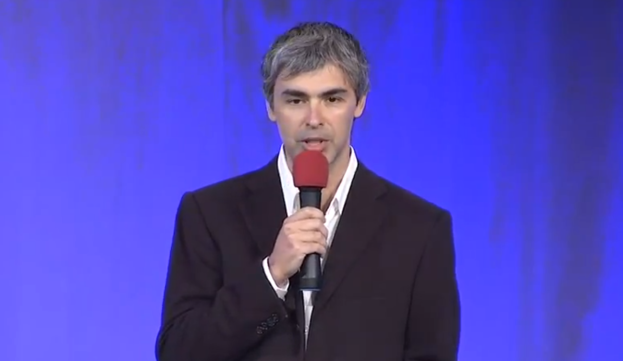
Google reported record third quarter earnings yesterday, but CEO Larry Page wasn’t all happy. When asked about Microsoft, he did not hold back, saying that the company is bullying manufacturing partners into paying it and has introduced a sort of “Android tax” on hardware makers.
“Rather than seeing Microsoft compete in the marketplace with their own phones, they continue resorting to legal measures to hassle their own customers,” said Page, according to Electronista. “We haven’t seen the details of those agreements and I assume our partners are making good deals for themselves. We see Android growing gangbusters and we don’t see anything that will stop that.”
Microsoft could be taking in as much as $400 million in Android licensing fees. The software maker has signed deals with HTC and Samsung, collecting an estimated $5 – $10 for every Android handset those manufacturers sell. Manufacturers are possibly agreeing to the deals because they do not believe they can face Microsoft in court. Either that or Microsoft is offering other incentives. We do not know.
Commenting on other companies suing Android manufacturers, like Apple and Oracle, Page said Google is “serious” about protecting Android, but didn’t specify how: “We see our partners and our ecosystem growing hugely. Ultimately other companies actions will alienate their customers,” Page asserted. “We’re serious about protecting the Android ecosystem.”
Eventually, Google is going to have to do less talking and more walking if it’s really serious about protecting Android.

